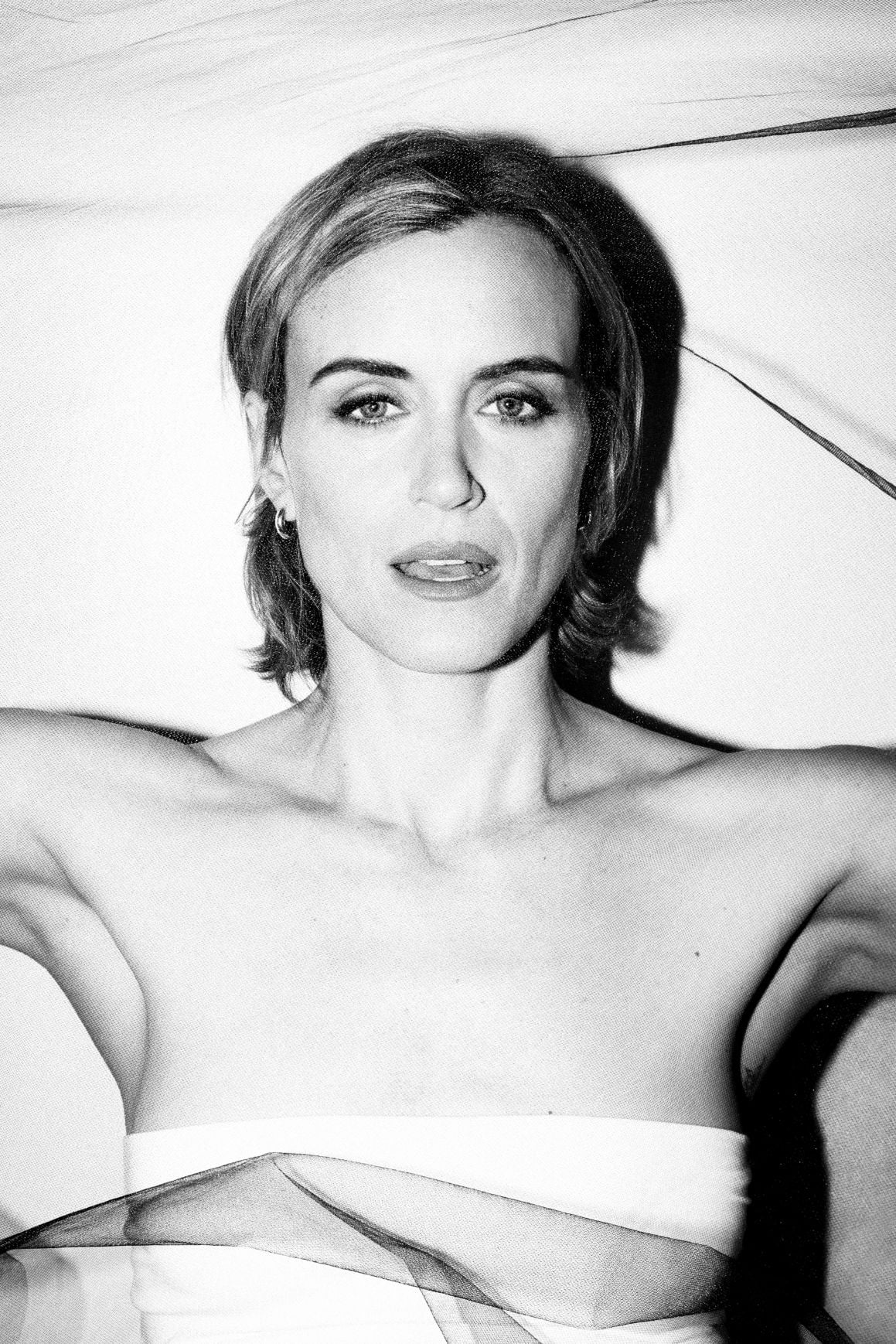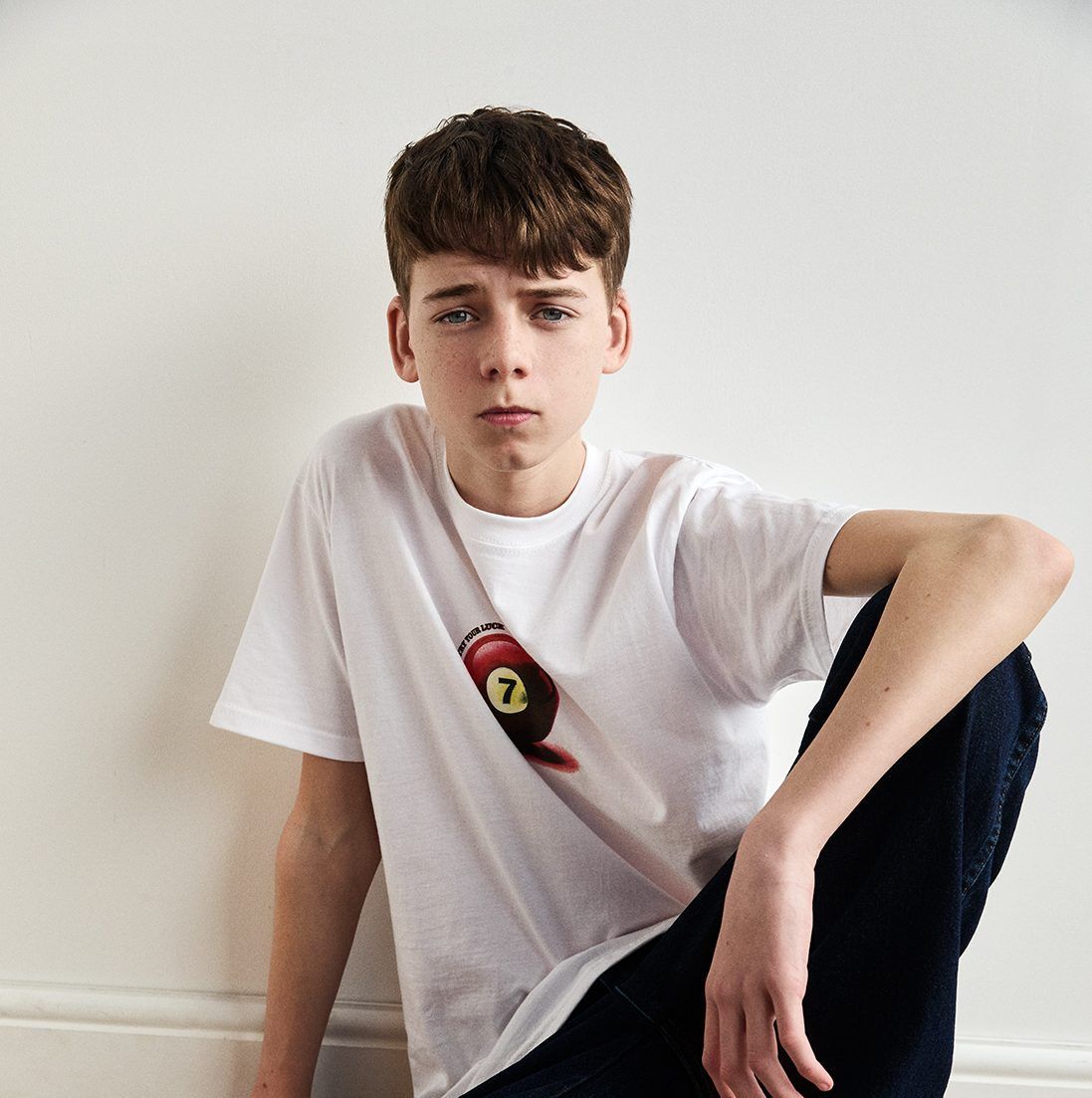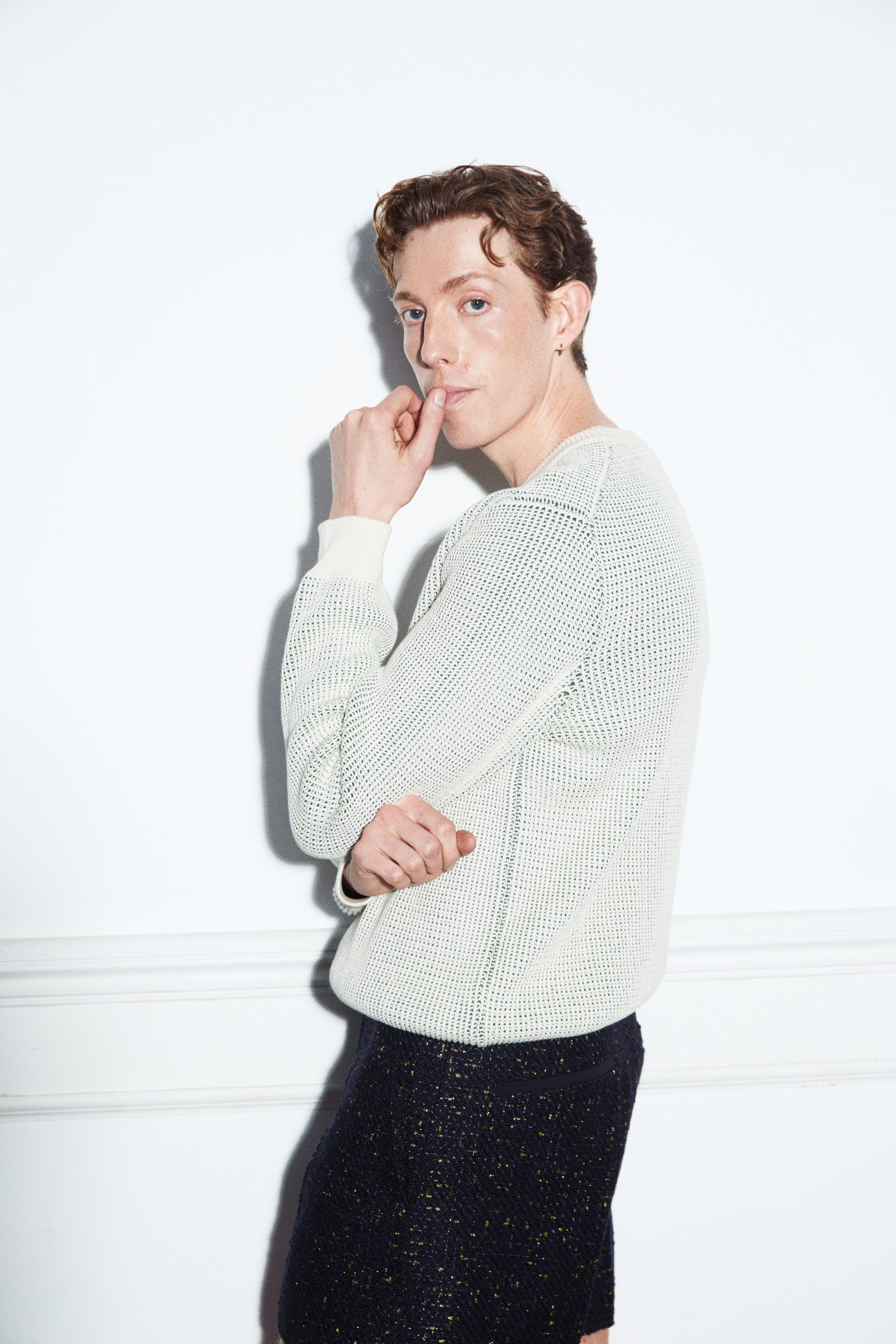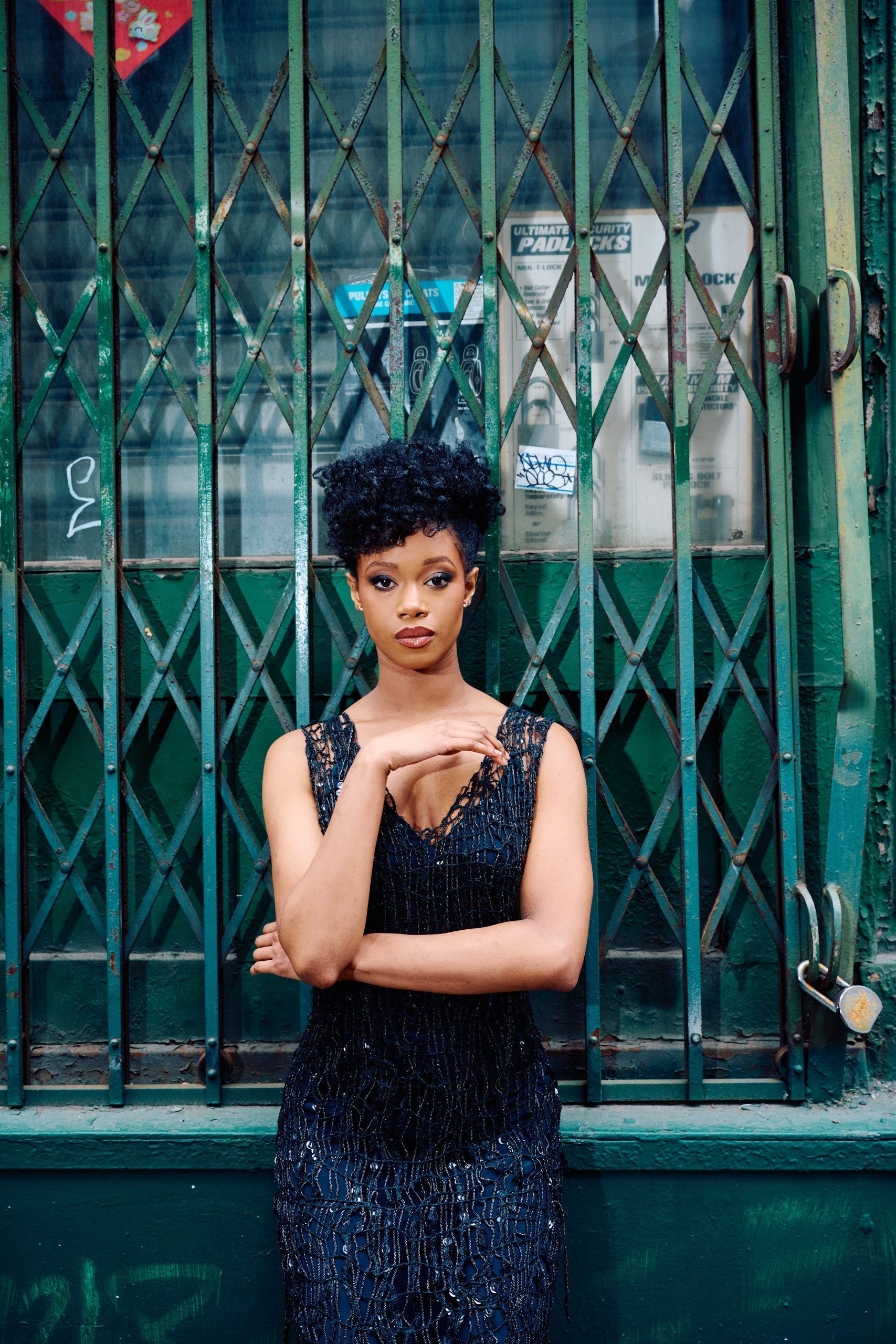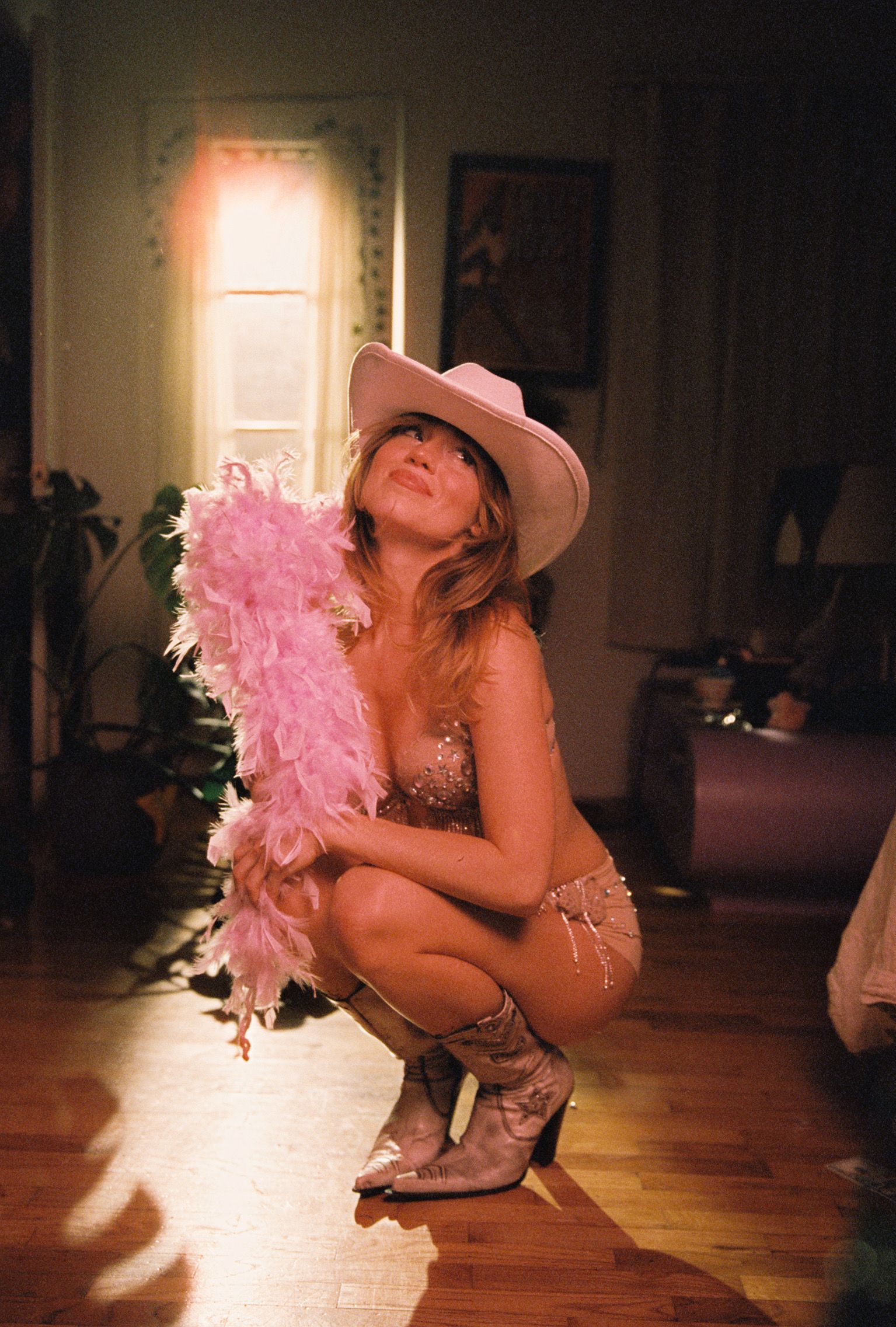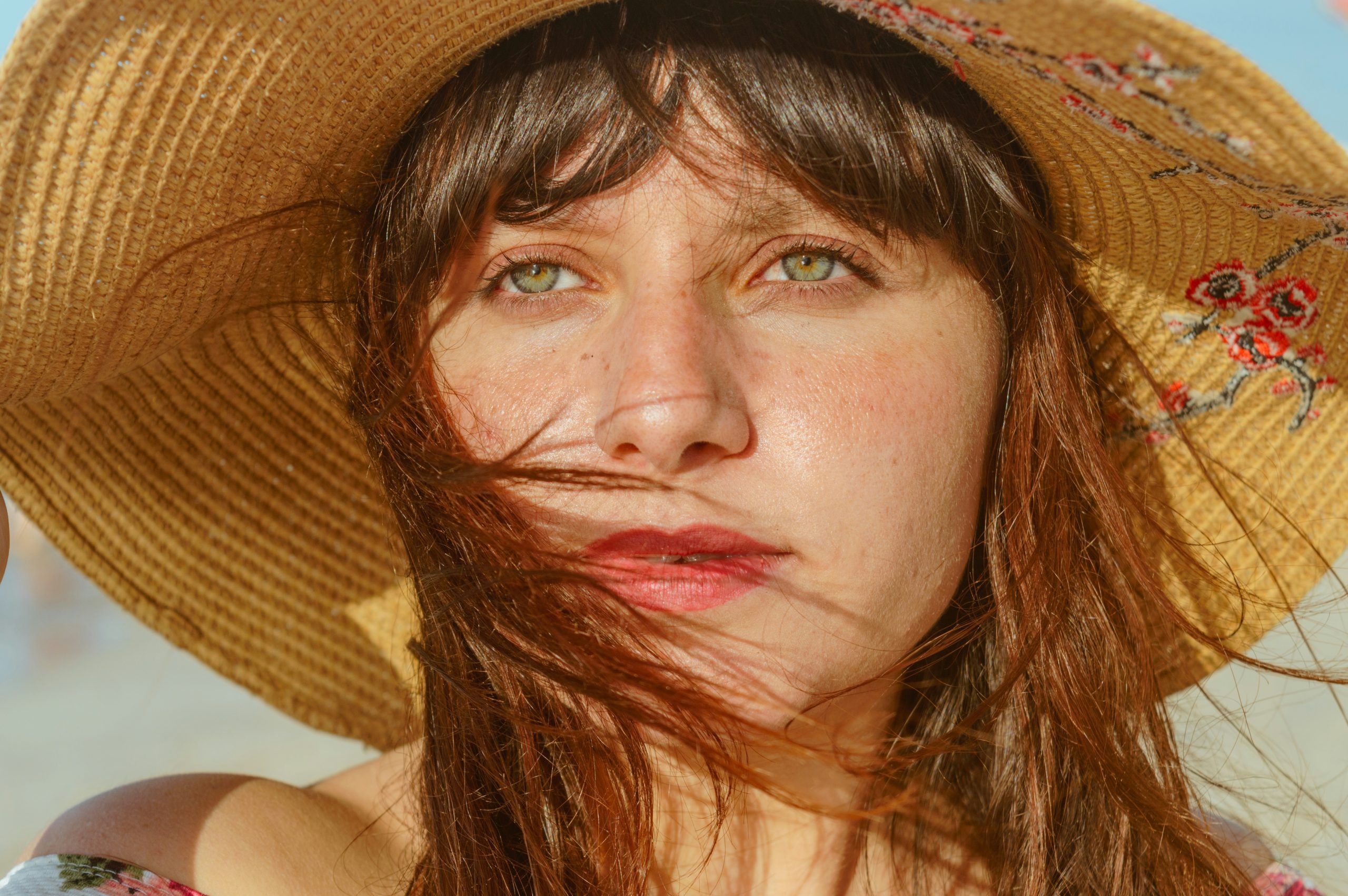Taylor Schilling shot to fame as Piper Chapman in the award-winning Netflix original series, Orange Is the New Black. The unflinching comedy-drama forces her character to swap her privileged New York life for a prison cell and cemented Taylor’s status as a comedy star. The American actress is also known as Erica Gauthier in Hulu’s Pam & Tommy and has starred in an array of comedy films including The Overnight (2015), Take Me (2017) and Family (2018).
Her latest project, however, is a lot more poignant. Adapted from Ann Napolitano’s best-selling novel of the same name, Dear Edward follows 12-year-old Edward Adler, who is the sole survivor of a devastating plane crash that kills his parents and older brother, Jordan. Taylor plays Edward’s aunt Lacey, who he goes to live with after the disaster. She is forced to deal with the excruciating task of caring for Edward whilst at the same time mourning the loss of her estranged sister, brother-in-law and nephew as well as three babies she’s lost via miscarriage. The Apple TV+ series explores grief, human connection and adjusting to life after loss, some of its most touching moments coming from a grief group for the loved ones of those who died in the crash. But, beyond its tragic origins, and despite it existing as a single season, it’s a real story of hope, resilience and transformation.
In conversation with 1883 Magazine’s Bec Oakes, Taylor Schilling unpacks Dear Edward, surrendering to the path life has chosen for you and her hopes for the future.
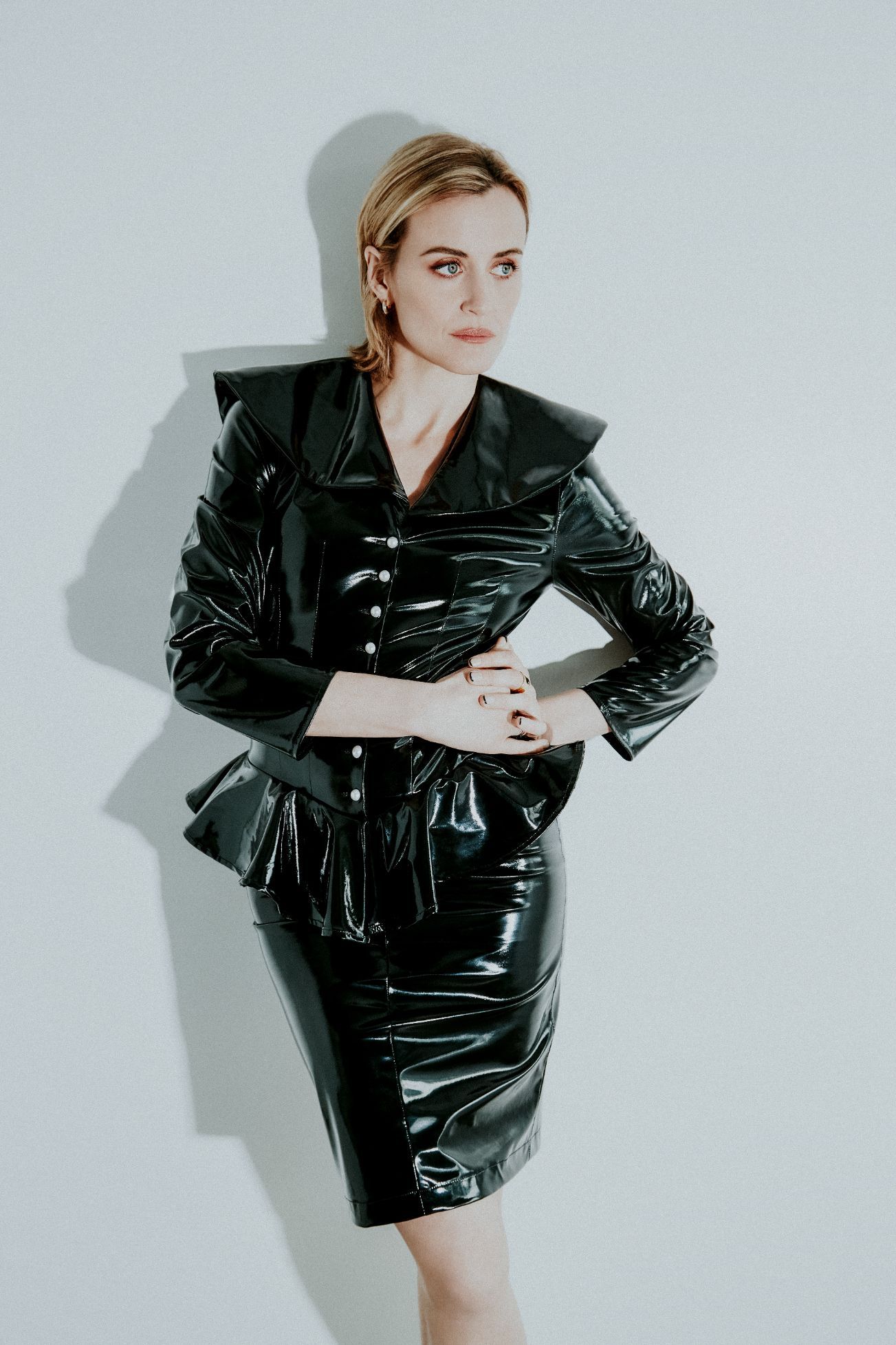
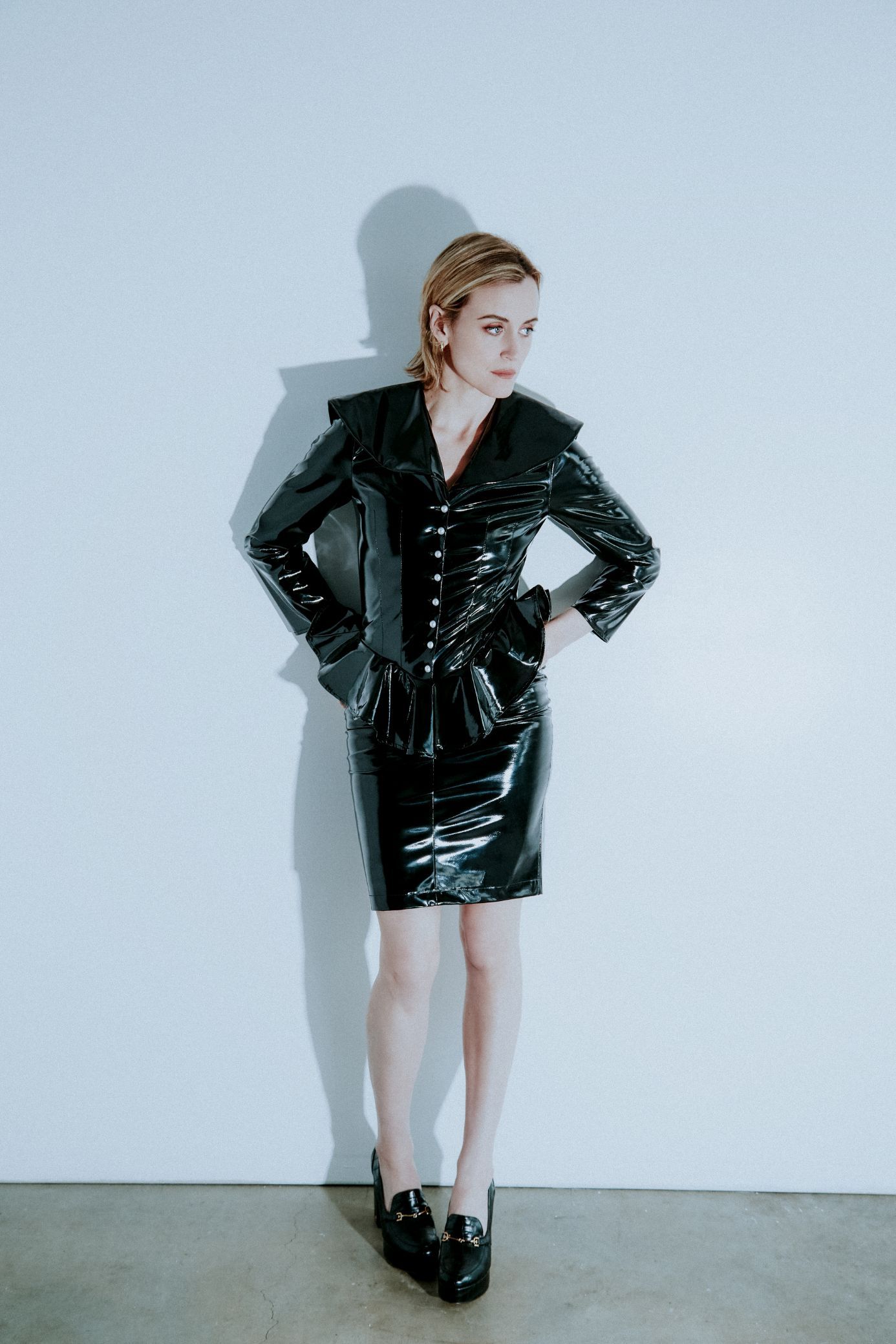 dress BATSHEVA
dress BATSHEVA
First off, I really enjoyed Dear Edward but for those who haven’t had the opportunity to watch it yet, would you be able to introduce readers to your character Lacey?
Lacey is a woman who lost some of her family in a tragic accident and is tasked with processing that grief as well as starting to raise her nephew. She’s in a place of a lot of transition and growth.
And what is it that drew you to the role and the show?
I was really interested in the idea of processing grief through community and the different ways that we all process loss. How that looks different for everyone really. Everybody has a different experience.
The series looks at grief from multiple perspectives as it follows the loved ones of those who died in the crash. Lacey’s in this really unique position where she’s mourning the loss of her sister, brother-in-law and nephew as well as the babies she’s lost via miscarriage. Where do you think she finds the strength to support Edward while also dealing with her own grief?
There’s a part of the show that is centred around this grief group. And I think that Lacey learns a lot about herself through connecting and being vulnerable with these other people she’s just met for the first time. Through that, she is able to explore parts of herself that she didn’t know before.
Do you find yourself identifying with her at all?
Absolutely. I think that there are so many moments in life where things don’t go according to plan or you end up in a spot that you didn’t imagine or you didn’t plan. And then you sort of have to recalibrate. I feel that way all the time.
And I think throughout the series and throughout the grief process, we see the characters learning new things both about the loved ones they’ve lost and themselves. What do you think is the biggest lesson Lacey learns?
I think Lacey’s biggest lesson is that she learns her own capability and her capacity to trust herself. She learns to let go a little bit. She sort of lets go of always needing to plan and of things needing to look a certain way. And I think she becomes more comfortable with uncertainty.
Yeah, I guess one of the show’s themes is this idea of surrendering to the path that life has chosen for you. Would you say that’s something that comes naturally to you?
It’s something I really value. There’s such an interesting line between what it is that we want and allowing what is; making the choice to see what is as okay and having the bravery to accept reality. I really value and admire that skill so much. I think that might sort of be what being human is about — learning to deal with what we’ve got and to keep striving and dreaming. As unsexy as the word might be, I think a lot of it is about presence. It’s about learning to be present to what is versus an idea of what should be.
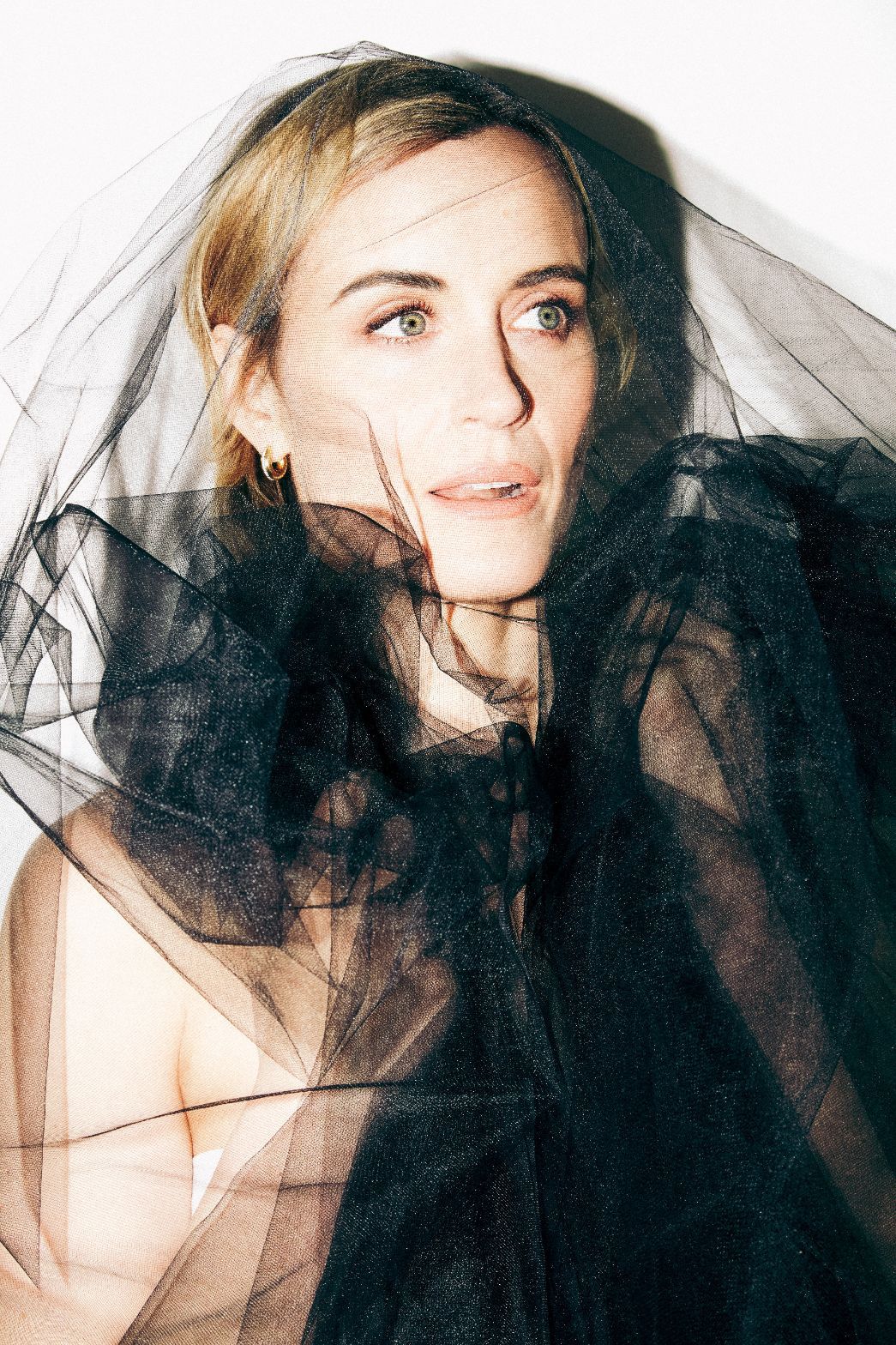
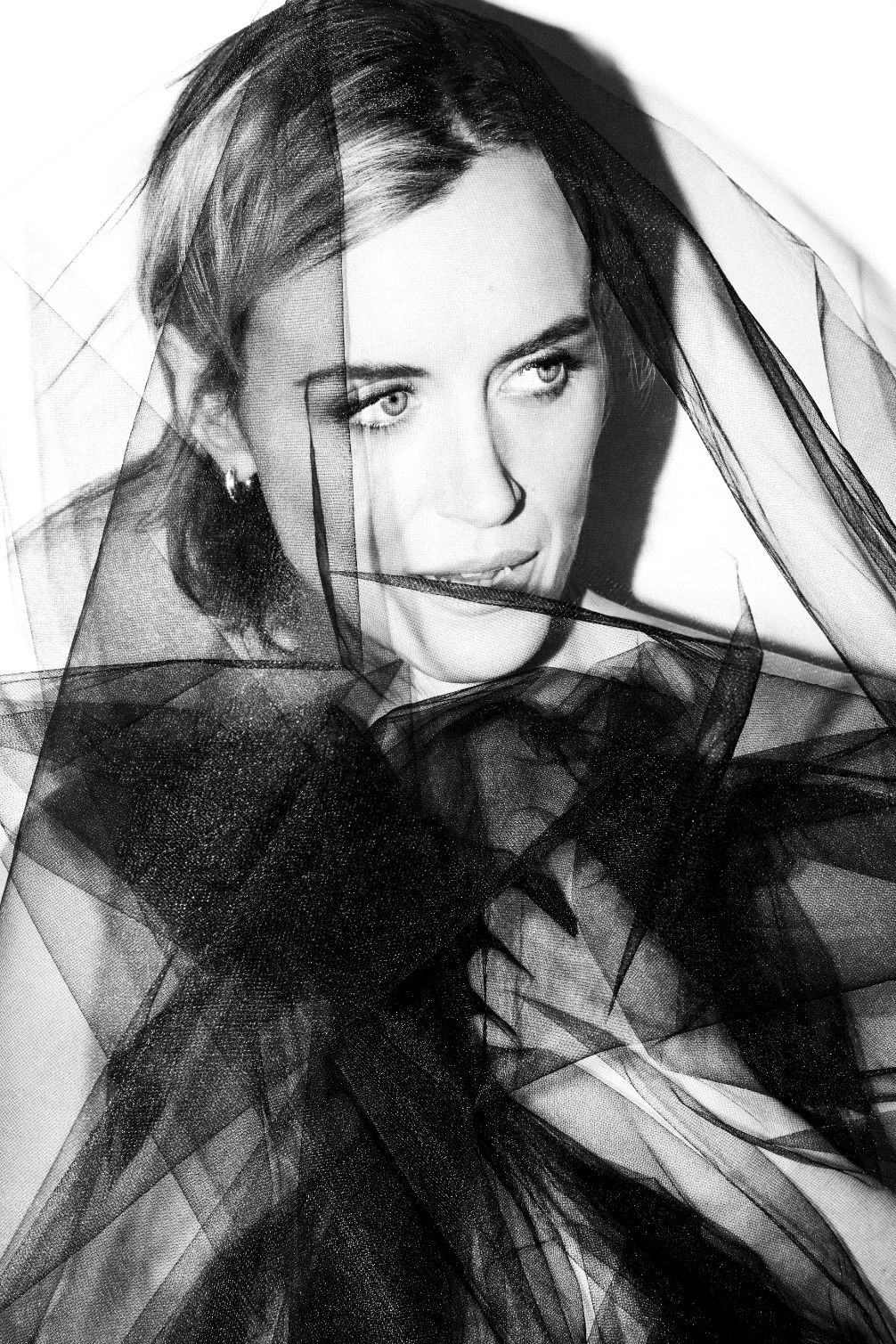 veil and jewelry Stylist’s Own
veil and jewelry Stylist’s Own
I’ve read that you practise meditation regularly. I imagine that goes hand in hand with becoming more present in life.
Yes, I do like a bunch of different meditations. I’m really curious about meditation and prayer and just really connecting with myself; having a relationship with myself. I spent my time practising that as best I can.
Now, a major theme throughout the series is grief and mourning and how we cope with loss. How do you prepare for digging into the raw emotion that comes with that and also breaking away from it when filming is done?
I spent a lot of time with the script and spent time talking to the writers. I really tried to understand what was happening for Lacey and let myself be vulnerable.
And I guess working with such a large ensemble cast as Dear Edward has, there’s always going to be plenty of support when challenges do arise.
Oh, totally.
While the tragedy of the plane crash is a very unique situation, the series taps into a lot of universal experiences — loss, human connection and adjusting to new realities. What do you think the importance is of seeing these emotions and challenges on screen?
My hope is that it kind of makes room for some more acceptance and compassion. When we can recognize ourselves and our experiences in what’s going on with someone on a TV show, we can feel a little more compassion for people and a little bit more compassion for ourselves. To give ourselves permission to let ourselves feel whatever we’re feeling in the moment.
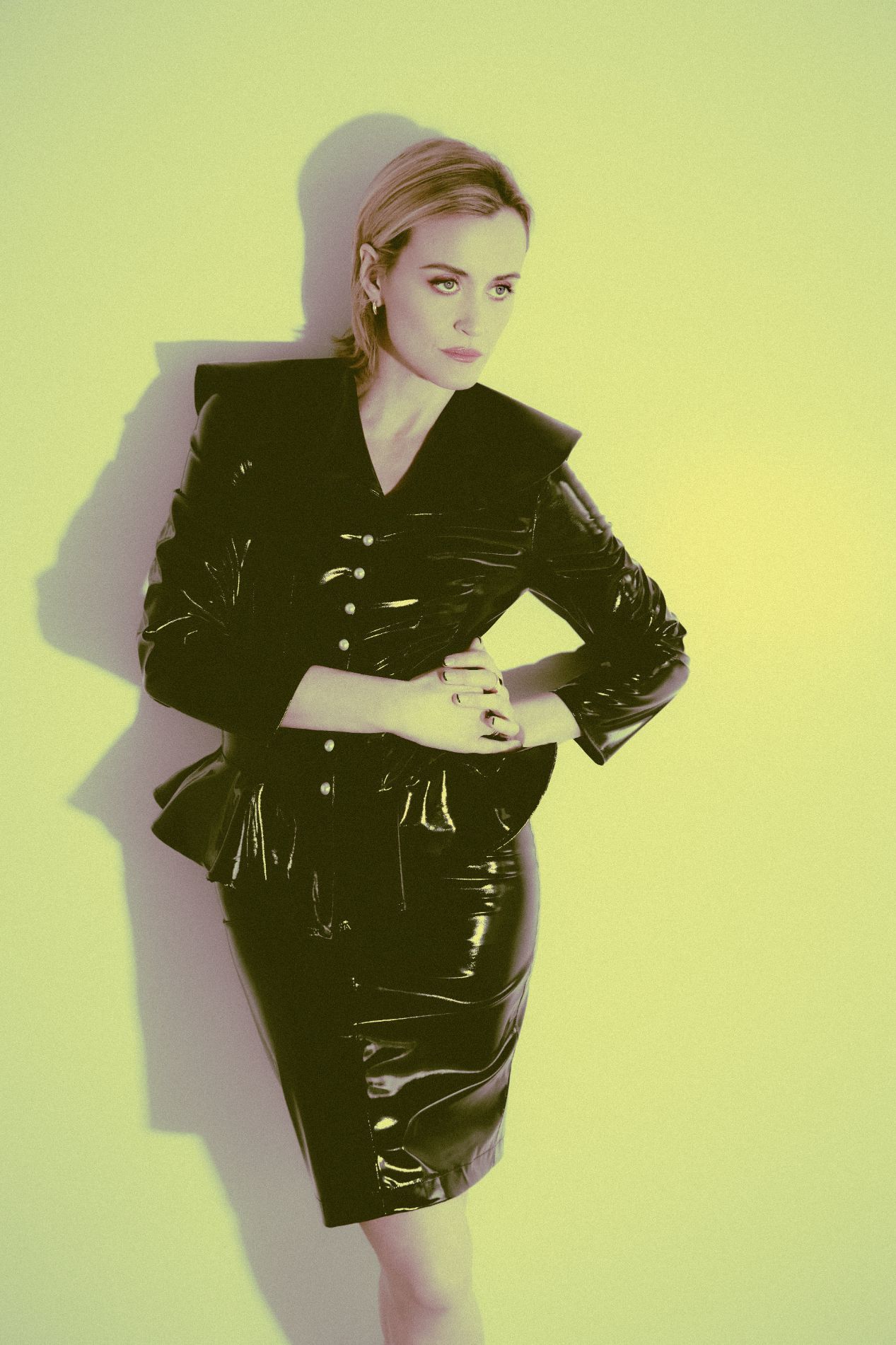 dress BATSHEVA
dress BATSHEVA
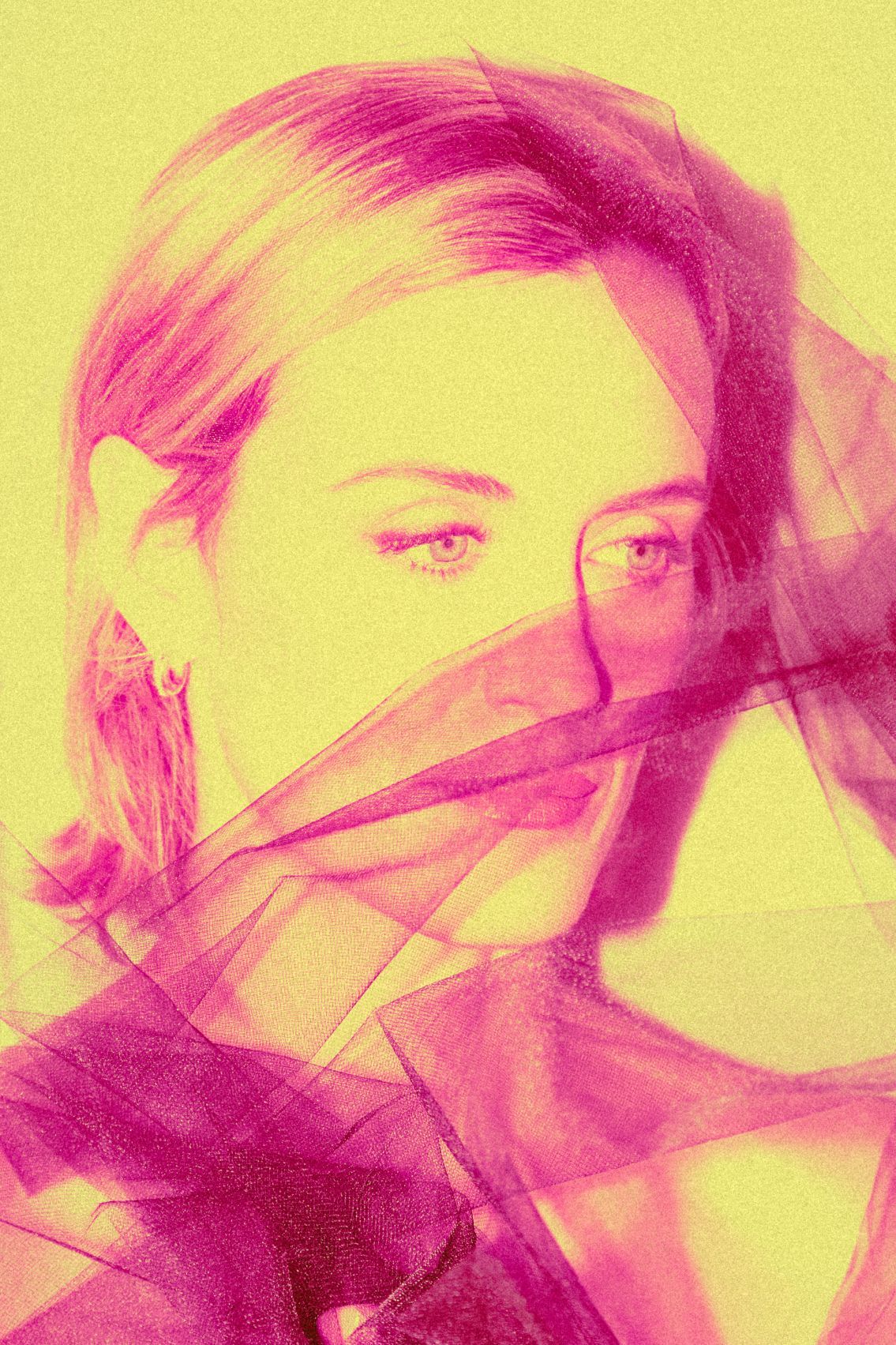 veil and jewelry Stylist’s Own
veil and jewelry Stylist’s Own
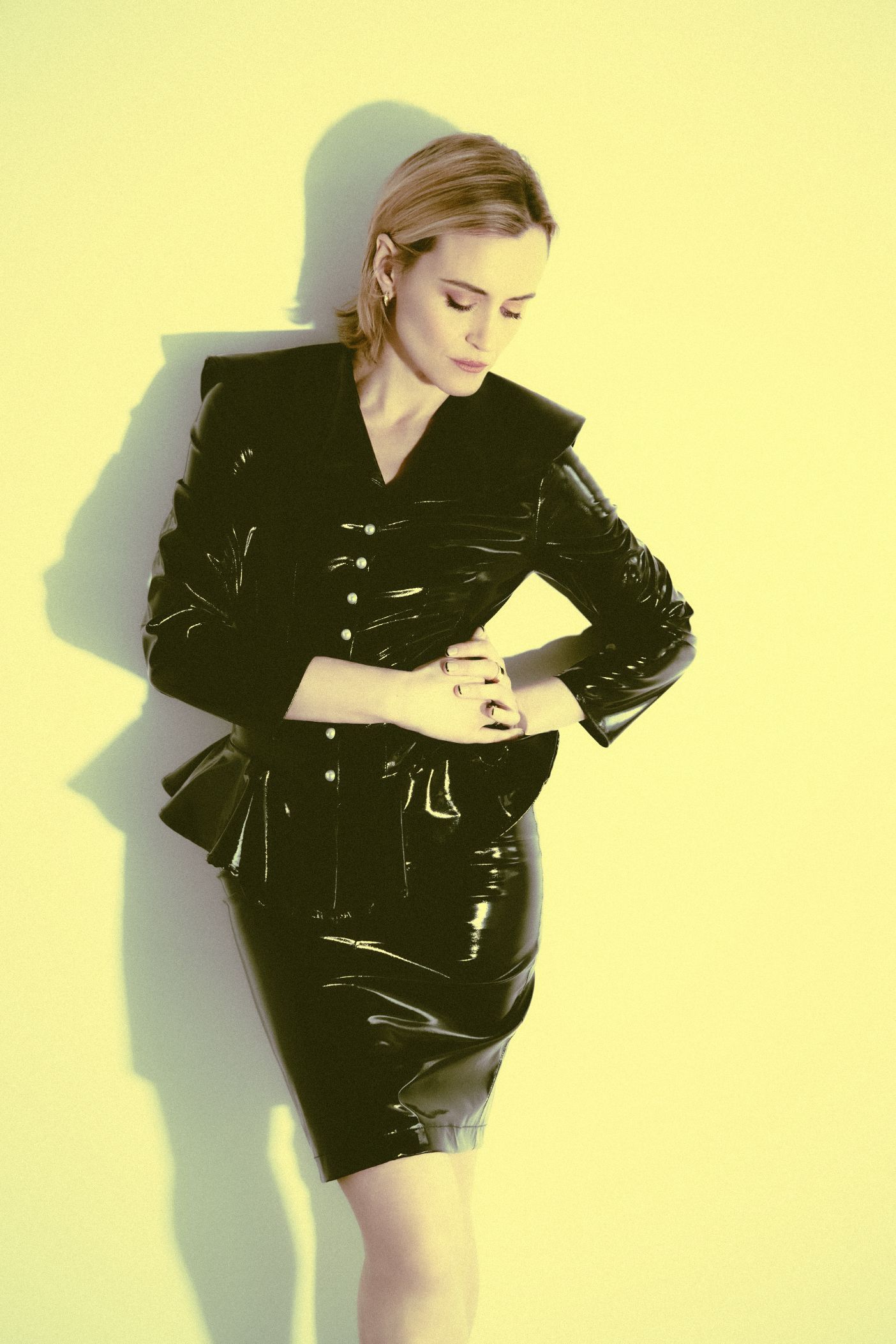 dress BATSHEVA
dress BATSHEVA
Do you think these themes that the show touches on will have been even more poignant for viewers following our experiences of them during the pandemic?
I think so, yeah. You know, the pandemic certainly opened up the grief conversation. With everything that’s been happening in the world, being together in a community throughout whatever difficult experiences we face feels even more important and certainly the way forward in my life.
Absolutely. I think the biggest thing a lot of people have taken from the past few years has been the importance of human connection and of having these support systems in our lives.
Exactly.
And if viewers could take anything away from watching Dear Edward — about grief, connection, hope, anything — what would you like that to be?
I hope that there’s space to feel that there is life after loss. There’s revelation and there are new relationships and new connections on the other side of loss and grief. And I think that there’s a space to really celebrate our resiliency. I hope that people can feel their own resiliency reflected in what the characters are going through and really honour themselves and their own power.
And to wrap things up, what would you like to see in your future? Do you have any projects that you’d really like to work on in the next few years?
I would love to see myself working on more limited series with people who are interested in telling stories of resiliency as individuals and as a collective and bringing some joy and love and healing and ease into the world through storytelling. That’s what I’m interested in.
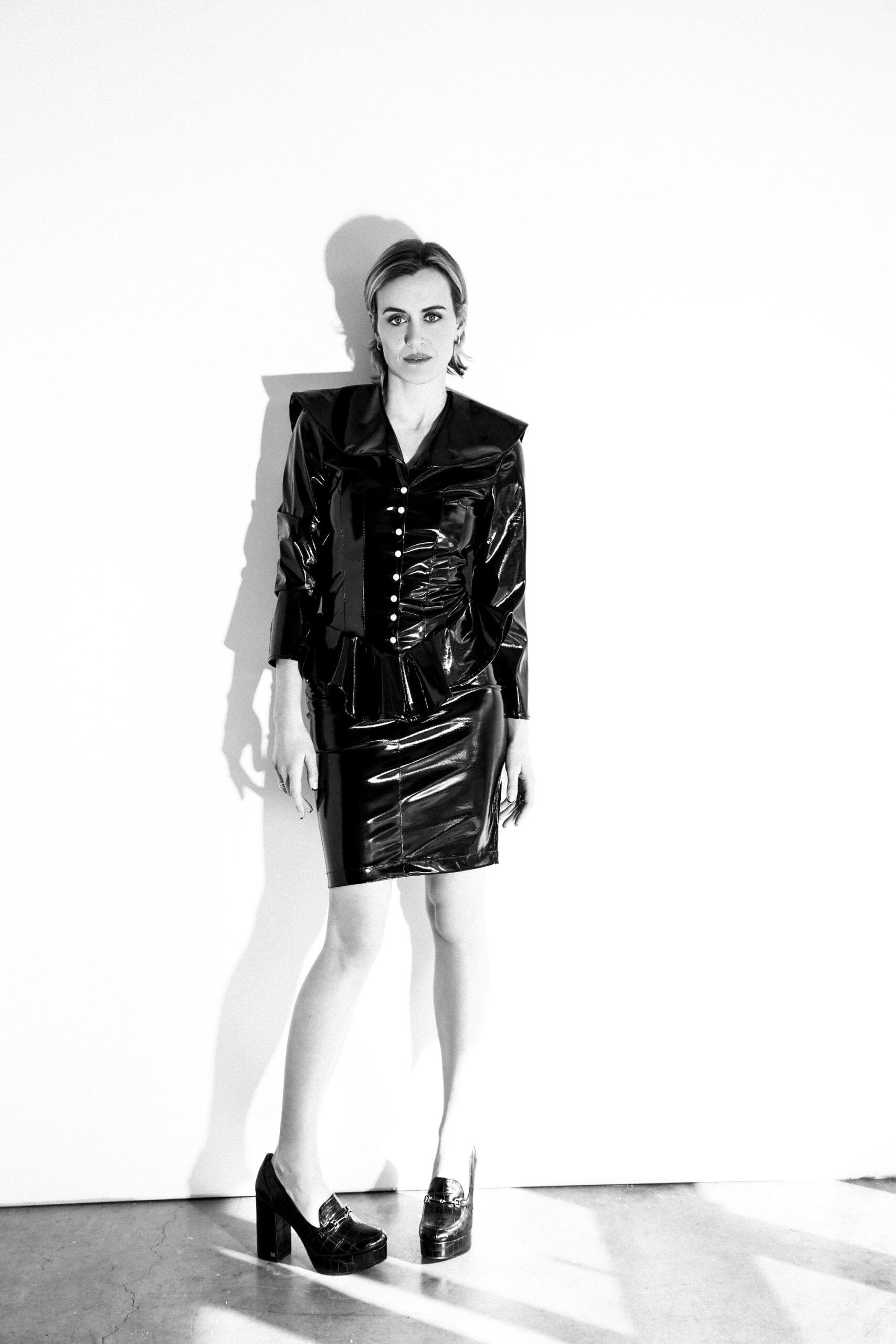 dress BATSHEVA
dress BATSHEVA
Interview Bec Oakes
Photography Alexandra Arnold
Styling Andrew Gelwicks at The Only Agency
Hair Marco Santini at Walter Schupfer Management
Make-up Gita Bass at The Wall Group
Photography Assistants Sarah Gardner and Arielle Arnold

